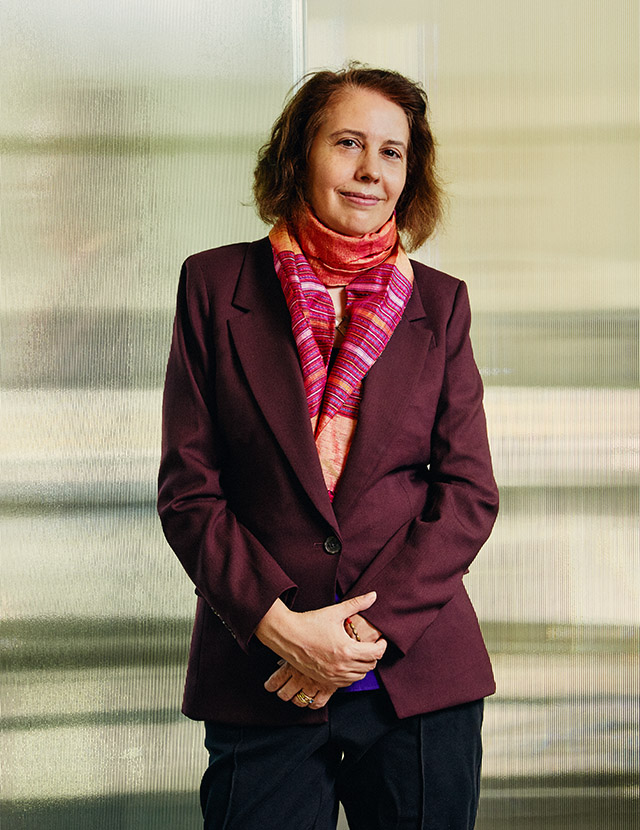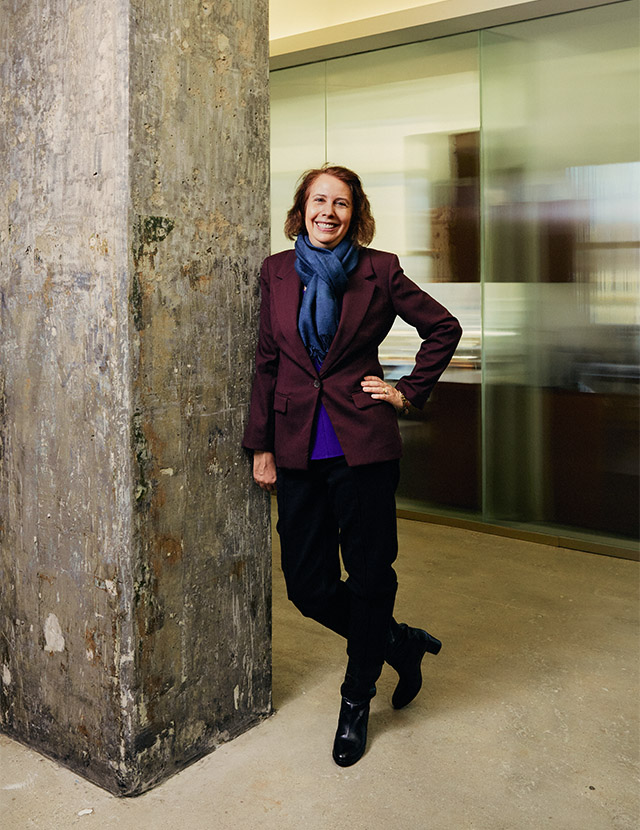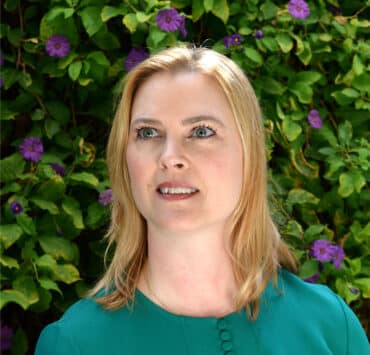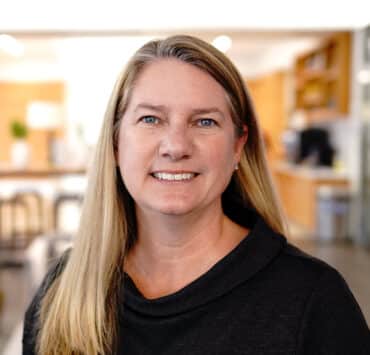|
Getting your Trinity Audio player ready...
|
Rachel Geman is a rarity for the pages of Modern Counsel. She and her firm, Lieff Cabraser Heimann & Bertstein LLP, work exclusively for plaintiffs.
Typifying the breadth of her practice, Geman is representing the Authors Guild and several well-known fiction authors in a class-action suit against OpenAI, managing her firm’s False Claims Act practice, and serving as colead class counsel in complex medical monitoring litigation. She also was part of a team that just secured final approval in one of the largest gender discrimination settlements in history.
“We often say that what connects our firm’s practice areas is fraud,” says Geman, who is a partner at Lieff Cabraser. “There’s definitely the fraud and also how it’s justified: blaming someone who didn’t have the endless hours needed to try to reverse a charge or treatment denial that was nonsense to begin with. Who got dinged for not divining or being able to access unwritten rules that weren’t created for them, who didn’t understand a convoluted item on page forty-two of a take-or-leave ‘contract’—heck, who ate the processed foods that stock our stores. Essentially, for being an actual person, and not a late-capitalist fever dream notion of ‘consumer/worker’ who incidentally resides in the body of a human.
“Litigation is litigation,” she continues, “but the backdrop of unjust systems that leave people out on their own, playing by psychologically counterfactual rules, rankles me. One of the many reasons I’m so honored and excited to represent authors is they are pushing for fair and legal treatment in the early days of an industry where the rules of the road are not set.”
Geman has taken on class-action and whistleblower cases and successfully battled against large companies such as AbbVie, Bank of America, Goldman Sachs, Plaid, the University of Phoenix, and Wells Fargo.
“I’ve had successes; I’ve had flops,” she says. “On balance, I’ve gotten millions of people some equity and restitution, and helped bring about real albeit discrete change in certain companies, ranging from fair compensation to privacy protections to marketing guardrails.”
“Litigation is litigation, but the backdrop of unjust systems that leave people out on their own, playing by psychologically counterfactual rules, rankles me.”
Rachel Geman
With respect to false claims suits involving fraud on the government, Geman explains that there is a trend toward cases where individual whistleblowers, represented by firms like hers, litigate on behalf of the government. “It used to be that if the government did not intervene in a False Claims Act [FCA] case, which is the outcome most of the time for various reasons, the case was functionally over,” she explains. “Now the prospect of the whistleblower handling the case for the government is now a regular part of the conversation. With the right case, my FCA colleagues and I are chomping at the bit to litigate.”
This attitude is where Lieff Cabraser has earned its stars—being ready, willing, and able to take on complex and wide-reaching cases that require enormous and intense work.
Geman has lived in New York City, a symbol of intensity, for decades, but she grew up in a small town surrounded by academics, and her own family was full of mathematicians.
“I was adjacent to a field where people felt crappy if they hadn’t made some huge landmark by their late twenties,” she remembers. “There are so many professions where you’re expected to peak at the beginning of your professional life, something that privileges those with early privilege and is otherwise arbitrary. We don’t live in a society that exactly facilitates thinking about the long term. We’re squeezed. But one thing to say about the practice of law: you can have at it for a long, long, long time. There’s a premium of experience and tenacity.”
I’ve gotten millions of people some equity and restitution, and helped bring about real albeit discrete change in certain companies, ranging from fair compensation to privacy protections to marketing guardrails.”
Rachel Geman
However, Geman did borrow a math concept in thinking about advice: be orthogonal.
“Have alternative, independent sources of pleasure and self-esteem,” she advises. “The times I’ve felt most productive as a lawyer were those when I was also doing something else, whether publishing short comedy pieces or designing puzzles. Times I’ve felt a bit stagnant were more likely ones where it was just Netflix and Law for me, a little-known variant of Netflix and Chill.”




